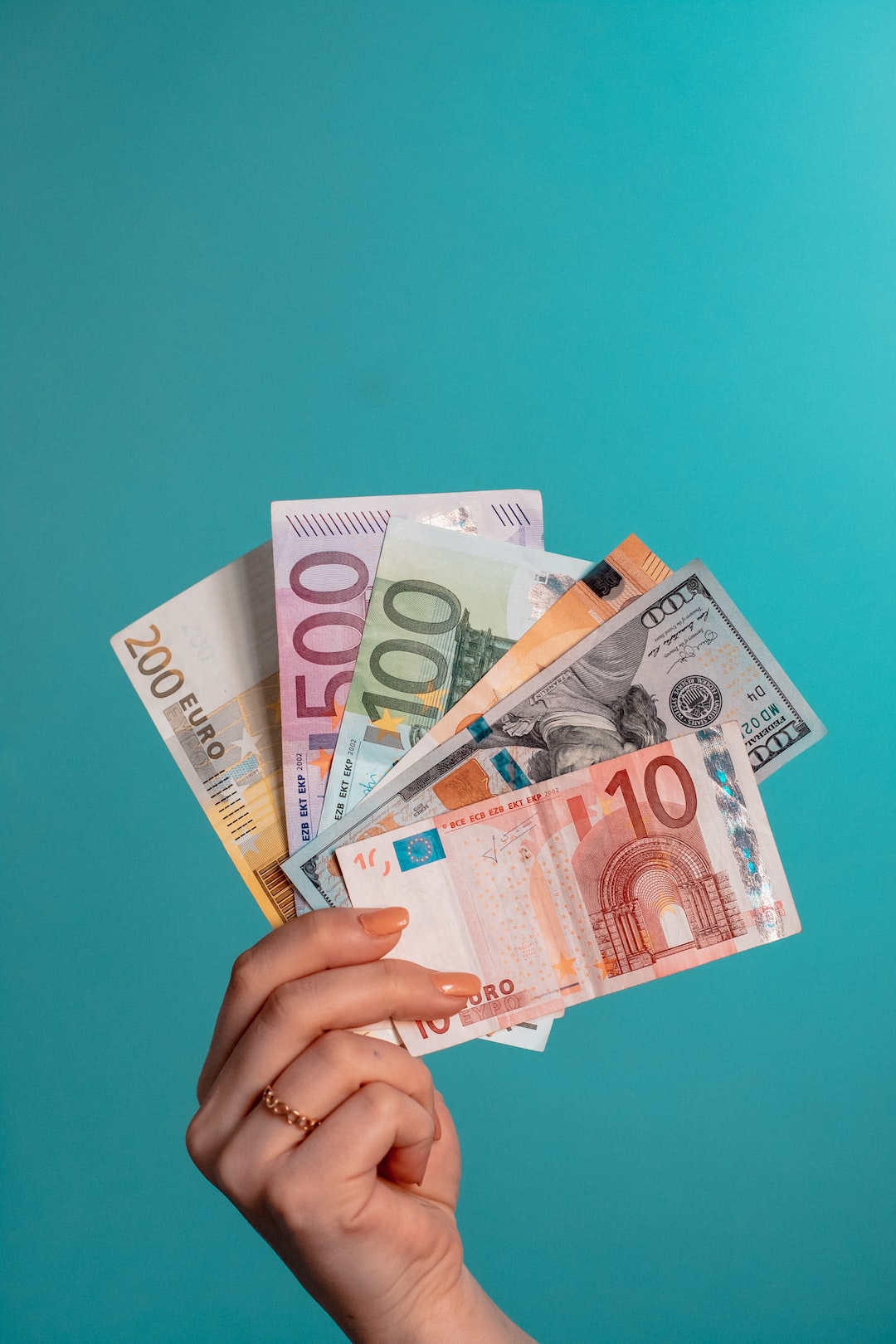Forex, or foreign exchange, is the process of exchanging one currency for another. The forex market is the largest financial market in the world, with an estimated daily turnover of $6.6 trillion. Banks are among the largest players in the forex market, as they handle a significant portion of the world’s currency transactions. In this article, we will explore how banks trade forex, the strategies they use, and the risks associated with forex trading.
How do banks trade forex?
Banks trade forex in several ways. One of the most common ways is through spot transactions, where two parties agree to exchange one currency for another at an agreed-upon price and date. Banks also trade forex through forward contracts, where two parties agree to exchange one currency for another at an agreed-upon price and date in the future.
Banks also use currency swaps to trade forex. A currency swap is an agreement between two parties to exchange one currency for another at an agreed-upon rate on a specific date, followed by a reverse exchange of the same currencies at a predetermined rate on a future date. Currency swaps are commonly used by banks to hedge their forex exposure.
Banks also trade forex through options contracts, where one party has the right, but not the obligation, to buy or sell a currency at an agreed-upon price and date. Options contracts are commonly used by banks to hedge their forex exposure and speculate on future currency movements.
What strategies do banks use to trade forex?
Banks use a variety of strategies to trade forex, depending on their objectives and risk appetite. One common strategy is to engage in carry trades, where a bank borrows money in a low-interest-rate currency and invests it in a higher-interest-rate currency. This strategy can generate profits if the higher-interest-rate currency appreciates against the lower-interest-rate currency.
Banks also use technical analysis to identify trends and patterns in the forex market. Technical analysis involves studying historical price and volume data to predict future price movements. Banks also use fundamental analysis to evaluate the economic, political, and social factors that affect currency prices.
Risk management is a crucial part of forex trading, and banks use a variety of risk management strategies to minimize their exposure to forex risks. One common strategy is to use stop-loss orders, which automatically close out a position if the currency price reaches a certain level. Banks also use hedging strategies, such as currency swaps and options contracts, to minimize their exposure to forex risks.
What are the risks associated with forex trading?
Forex trading is a high-risk activity, and banks face several risks when trading forex. One of the biggest risks is currency price fluctuations, which can result in significant losses if the bank’s forex positions move against them. Banks also face counterparty risk, which is the risk that the other party in a forex transaction will default on their obligation.
Liquidity risk is another risk associated with forex trading. The forex market is highly liquid, but there may be times when the market becomes illiquid, making it difficult for banks to close out their positions. Operational risk is also a concern, as errors or system failures can result in significant losses.
Conclusion
Banks play a significant role in the forex market, handling a significant portion of the world’s currency transactions. Banks trade forex through spot transactions, forward contracts, currency swaps, and options contracts, using a variety of strategies to generate profits and manage risks. Forex trading is a high-risk activity, and banks face several risks, including currency price fluctuations, counterparty risk, liquidity risk, and operational risk. Understanding how banks trade forex is essential for anyone interested in forex trading or investing in the forex market.





